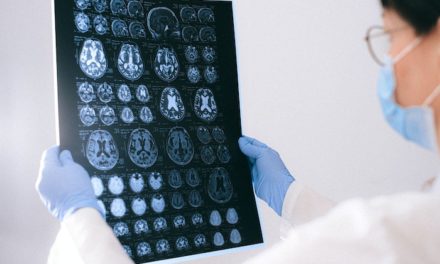It is Thanksgiving time!
While we push through the last couple of days before the holiday, it can feel difficult to remain thankful when being bombarded with endless grocery lists, finding all of the best sales, and the stressors of family reunions! If you or your loved one is also working through addiction recovery, you have even more reason to be thankful–and yet you may have a harder time generating the gratitude.
Experiencing the transformative process of substance abuse recovery can make you feel more aware of and grateful for one thing in particular: your health. On the other hand, addiction is an extremely challenging physical illness; you might find it ironic, ridiculous, or insensitive when someone reminds you, “Be grateful for your health during Thanksgiving!”
If being grateful for your health feels impossible at this point in your life, that is okay. This does not mean that you are a horrible person, nor does it mean that the people reminding you to be thankful are horrible people. It means that you are human (surprise!), and not only are you human, but you are a human who is carrying heavy burdens and working through the strenuous task of addiction recovery.
While it is very important to validate your rejection of the platitude “be grateful,” it is still worthwhile to learn more about the benefits of gratitude–what you learn may inspire you to use gratitude in your own way, in your own life.
An article* from Psychology Today by Amy Morin lists many scientifically proven benefits of gratitude that are especially valuable for substance abuse recovery. Using the work of Dr. Emmons and numerous psychological journals, Morin explains that gratefulness improves psychological health by decreasing aggressive responses like social comparison, resentment, frustration, and regret.
Another physical benefit of gratefulness is improved sleep. According to the Journal for Psychosomatic Research, it has been proven that being grateful before going to bed can result in improved sleep quality, duration and “less sleep latency and daytime dysfunction.”
The combination of a decrease in toxic emotions and an improvement in sleep quality can be extremely beneficial when working through substance abuse recovery. This combination can result in an increase in positive emotions, which can lead to improved relationships, self-esteem, empathy, and resiliency to trauma.
Even the action of being intentionally grateful is a healthy endeavor in itself. It entails introspection, reflection, mindfulness, and awareness of self, social relationships, and environment.
In addition to these psychological benefits, gratitude has proven benefits for physical health. A study from Personality and Individual Differences examined a study that proved a positive correlation between grateful people and people who take dedicated initiative on personal health care (exercise, regular doctor check-ups, etc.). The study also proved that grateful people were more likely to evaluate themselves as feeling healthier and as experiencing less pain.
So, if you are working through addiction recovery and the thankfulness of this holiday season feels superficial and insensitive, “fake it ‘til you make it.” Try to find just one thing that you are grateful for–it can be as small as the fact that you woke up this morning.
If you have a loved one who is struggling with addiction or in the recovery process, try to be sensitive and empathetic to how Thanksgiving’s “be grateful” implication might affect them. Use this as an opportunity to tell your loved one how thankful you are for them (addiction and all). If they are working towards recovery, tell them how grateful you are that they have the courage, strength, and perseverance to defeat their substance abuse.
Considering all of the health benefits from being grateful, it feels necessary to promote thankfulness for everyone (whether you are struggling with an addiction or not) and to do so all year round.
Bottom line: if you cannot feel very grateful for your health right now, try to find other parts of your life to be thankful for–and do it for your health.
(888) 998-8655. We’re here to help.
www.psychologytoday.com/blog/what-mentally-strong-people-dont-do/201504/7-scientifically-proven-benefits-gratitude










